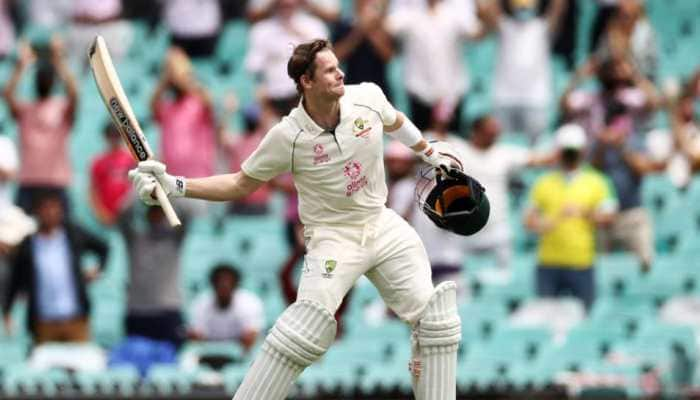Worried about soiled currency notes? Know how and where to exchange it free of cost
A soiled currency note means a note which has become dirty due to normal wear and tear. This also includes a two piece note pasted together wherein both the pieces presented belong to the same note and form the entire note with no essential feature missing. These notes should be accepted over bank counters in payment of government dues and for credit to accounts of the public maintained with banks.
RBI tweakes norms for exchange of mutilated currency notes
)
The RBI had in 2018 tweaked norms for exchange of mutilated currency notes following introduction of Rs 2,000, Rs 200 and other lower denomination currencies. Post demonetisation in November 2016, the Reserve Bank had introduced Rs 200 and Rs 2,000 notes. Besides, it came out with smaller notes of Rs 10, Rs 20, Rs 50, Rs 100 and Rs 500.
Where to exchange banks mutilated or defective notes
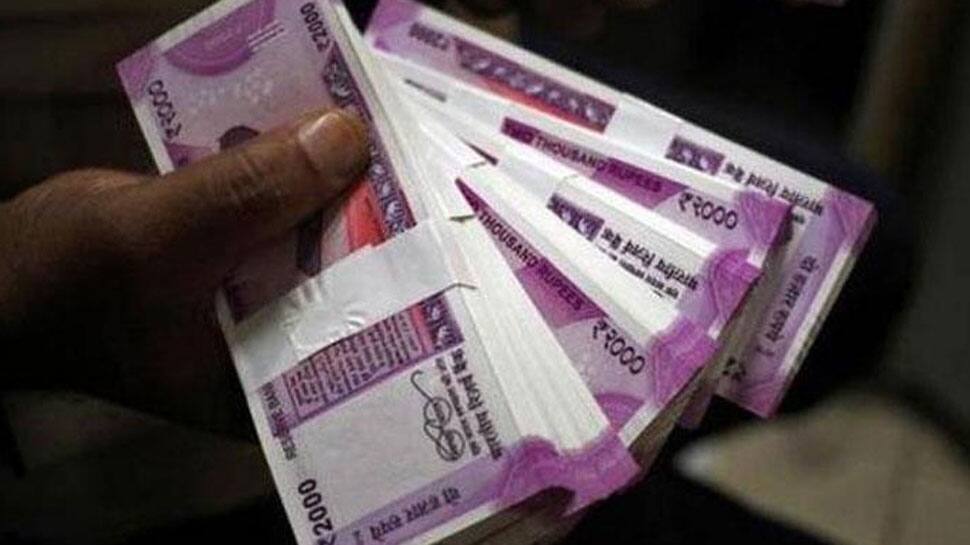
Public can exchange banks mutilated or defective notes at RBI offices and designated bank branches across the country for either full or half value, depending upon the condition of the currency.
RBI rules on Exchange of soiled notes
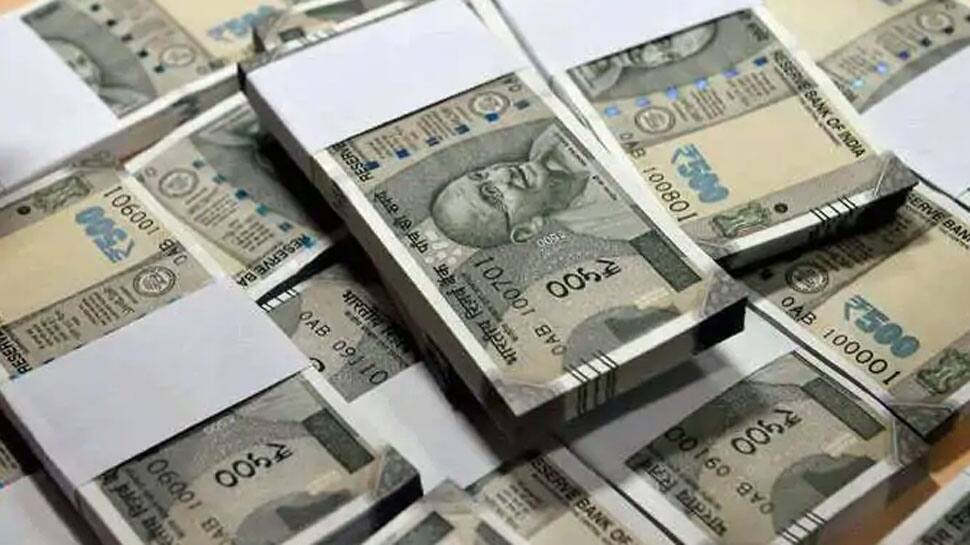
An RBI circular on RBI exchange of soiled notes says that notes presented in small number, where the number of notes presented by a person is up to 20 pieces with a maximum value of Rs 5000 per day, banks should exchange them over the counter, free of charge. However, notes presented in bulk, where the number of notes presented by a person exceeds 20 pieces or Rs 5000 in value per day, banks may accept them, against receipt, for value to be credited later. Banks may levy service charges as permitted in Master Circular on Customer Service in Banks. Meanwhile, in case the tendered value is above Rs 50000, then banks are expected to take the usual precautions, the RBI circular says.
What is a soiled currency note?
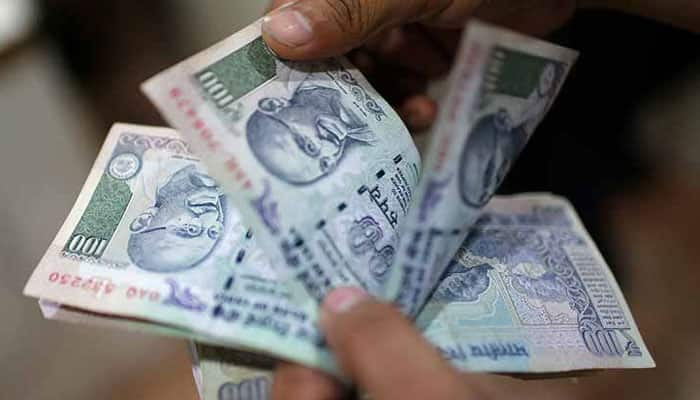
A soiled currency note means a note which has become dirty due to normal wear and tear. This also includes a two piece note pasted together wherein both the pieces presented belong to the same note and form the entire note with no essential feature missing. These notes should be accepted over bank counters in payment of government dues and for credit to accounts of the public maintained with banks. However, RBI maintains that in no case, these notes should be issued to the public as re-issuable notes and shall be deposited in currency chests for onward transmission to RBI offices as soiled note remittances for further processing.
Extremely brittle, burnt, charred, stuck up Currency Notes
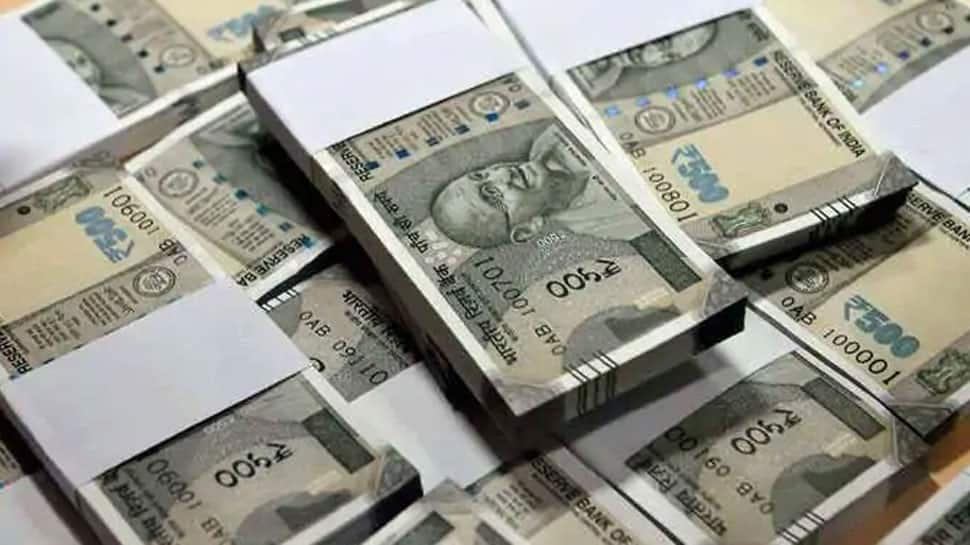
Notes which have turned extremely brittle or are badly burnt, charred or inseparably stuck up together and, therefore, cannot withstand normal handling, shall not be accepted by the bank branches for exchange. Instead, the holders may be advised to tender these notes to the Issue Office concerned where they will be adjudicated under a Special Procedure.
Trending Photos







